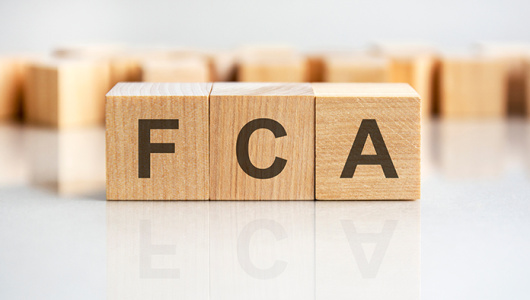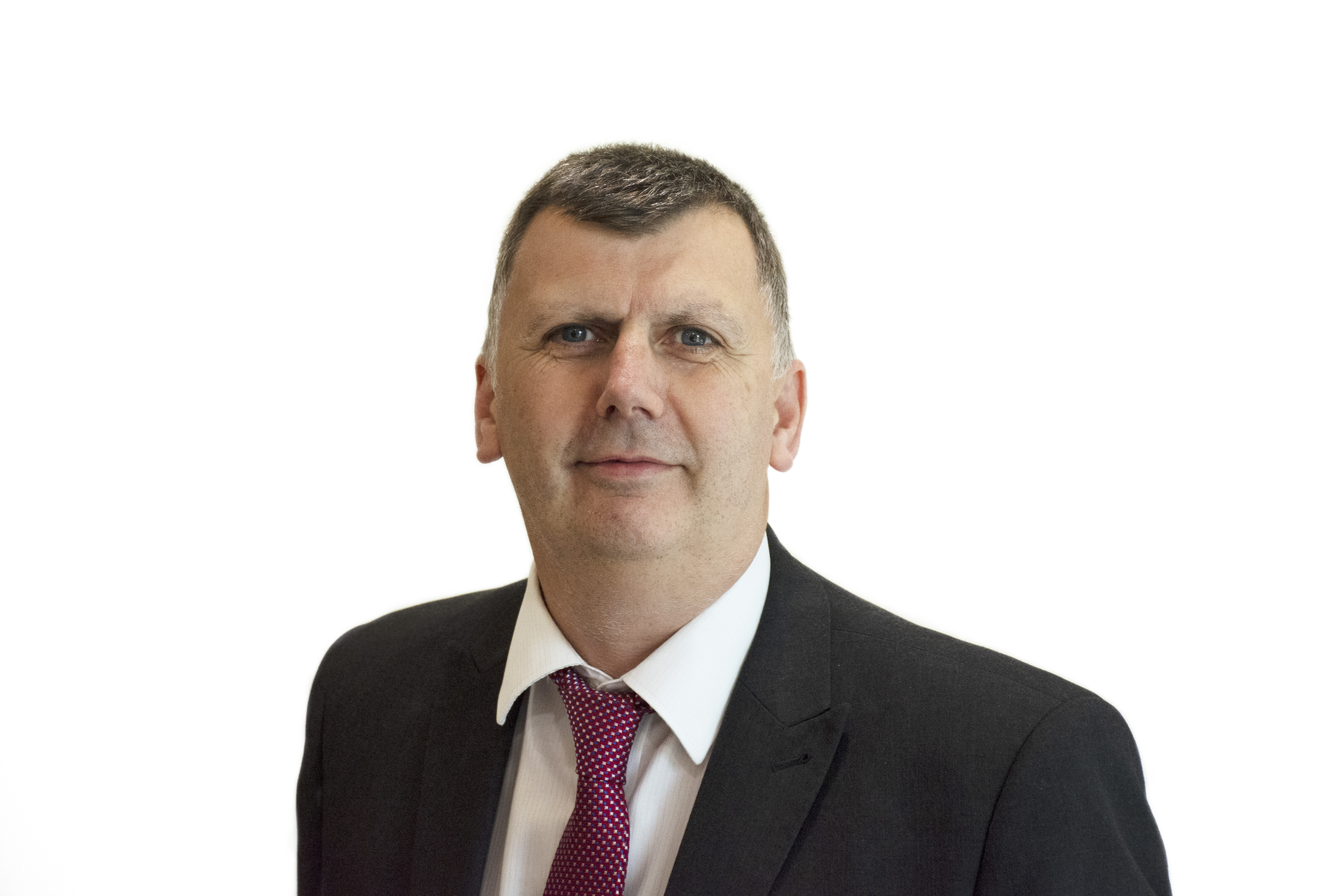I never forgot the words of my old boss at Professional Pensions, Helen Morrissey, for young journalists: “Don’t rush to become an editor.”
After a year of being acting editor at Money Marketing, I now know what she means. Being any editor, but especially the main one, is an education on human nature.
I would liken the role to being in a full contact sport combined with riding on a rollercoaster blindfolded (at times). There are many sharp turns, the occasional inversion and you never know what curve ball will be thrown at you. Some of these balls you will catch, others you will miss, and several will hit you.
As journalists, and especially editors, are short of time, we need information that is stripped down to the essentials.
So here are 40 lessons I have learned on the job that I hope any budding editor or manager may find useful:
- If you have perfectionistic tendencies, this will work against you because editors are always pressed for time. Try to make peace with what is acceptable.
- If you have an internal critic, as I do (mine is called Lenin), tell them to jog on.
- See yourself in context – a technique I employed for coping with both 1 and 2. There are always trade-offs. You do a) at the expense of b).
- There will always be problems. It is a question of which problems you want to have.
- The creation of specific and genuine targets for colleagues, in the context of appraisals, is extremely hard work. It may surprise you how much.
- You are the face of the business but may not be in charge of the money. That puts you in a tricky position when people want promotions and/or a raise. Tough luck.
- Try to figure out people’s wants. Is it money? The job title? Both? Something else? That can inform appraisals.
- You can be supportive of people without taking on board their emotions. That is much easier to say than do. Something I have found useful is the Emotional Freedom Technique – a tapping technique. Read up on it if you are curious.
- People beneath your rank assume you know far more about what is going on above you at the top of the company than you actually do.
- People above you assume you know far more about what is going on in the lower ranks than you do.
- Discover as quickly as you can what meetings you have to attend and which ones you can avoid. This will help you save time and prioritise.
- Try to make all meetings have a purpose; it focuses them and they don’t run on and on.
- Try to learn how to not take things personally. At times you will fail, of course, and so will others. That is OK.
- If you don’t have a temper, you will discover one.
- If you have an inner warning that you need to attend to a particular issue straight away, then do so. Don’t put it off.
- Make sure people take their holidays, especially you. When others do, you will pick up the pieces.
- But do check you have not booked everyone off at the same time.
- If you are paying the invoices of freelancers, make sure they don’t overbill you.
- Only communicate bad, good or big news when you know it is definitely happening.
- Tailor your communications to the situation. If you are in the office, why talk on email instead of face to face?
- People make mistakes sometimes and things go wrong, but that doesn’t mean everything is going badly.
- Delegate, delegate, delegate.
- But you need people in your team you can trust to delegate to.
- People are good at different things so try to delegate to them in those areas.
- There are some things people just have to work out for themselves, including you.
- As an editor, one of those things is you cannot manage everyone in the same way. You may have to develop a different style for each member of staff.
- You cannot train or prepare for everything. Some things you just experience.
- People ask your opinion on all sorts of issues you know nothing about. Just be honest and say: ‘I don’t know.’
- Cultivate and enjoy the pleasure of saying no.
- Encourage the team to take up any company training available. The same goes for you.
- Check how much the editorship involves being an unofficial conference producer. Events planning takes a lot of time.
- Remember to laugh – although sometimes you will want to cry.
- Try to become acting editor in the summer. If you have 12-hour working days in the first few weeks, the light evenings will help you manage your mood.
- Being an acting editor is a good experience to put on your CV, but not always a good experience when you go through it.
- At times you will have to suffer fools. Try to do it gladly, with a smile.
- The (acting) editor owns everything: all the ups and downs, and everything in between.
- To quote former Labour MP and current member of the House of Lords David Blunkett, who spoke at a Money Marketing conference some years ago: “Things are probably never quite as good or as bad as you think they are.”
- Also, as my grandpa used to say: don’t assume the worst.
- It’s just a job. There will be others.
- You cannot fix everything – especially people.
I am sure there are more points that could be added to this list. If I had to pick the most valuable one above, it would be number 40: you cannot fix everything – especially people.
Another way to put that is with this well-known proverb: you can lead a horse to water but you cannot make it drink.
And that is the end of my reflections. Take from them what you will, or not. It’s up to you. It always was.
I wish you the best of luck, and may my 40 points help you manage the job well.















Reminds me so much of my time as a BBC editor. It was hideous. I hope crystallising your experience into these thoughts was cathartic. And I’m sure you’ll be brilliant in whatever management post you take on next.
A great read. I recognise many of the lessons. Alas, I still fail to take heed of some of them!